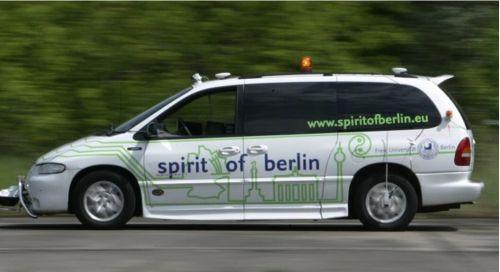LONDON, March 15 (Xinhua) -- Research into whether driverless cars reduce accidents caused by human error must be carried out, a committee of British politicians said in a report Wednesday.
The Science and Technology Committee of the House of Lords said in its report "Connected and Autonomous Vehicles: The future" sets out recommendations for the British government to ensure it makes policy and investment decisions that enables Britain to receive maximum economic benefit from autonomous vehicles.
The report warned that the main social, behavioral and ethical questions relating to autonomous cars remain largely unanswered; such as whether they will reduce accidents caused by human error.
"The government should give priority to commissioning and encouraging research studying behavioral questions and ensure it is an integral part of any trials it funds," committee members said in their report.
It also said the government must broaden its focus so that its work on connected and autonomous vehicles (CAV) cuts across all sectors and does not focus so heavily on road vehicles.
"Early benefits are likely to come in sectors such as marine and agriculture therefore the government must not allow media attention around driverless cars to cause it to lose sight of the many potential benefits that CAV can provide in areas outside the roads sector," said the report.
It also found that there is no clear central coordination of strategy or information sharing across the different sectors that could benefit from CAV technology, or robotics more broadly, such as marine, road and agriculture.
"The government must take steps to ensure that information is shared across sectors, including the establishment of a Robotics and Autonomous Systems (RAS) Leadership Council as soon as possible to play a key role in developing the strategy for CAV. This will ensure expertise and knowledge is shared across all sectors," the committee recommended. Enditem




 A single purchase
A single purchase









